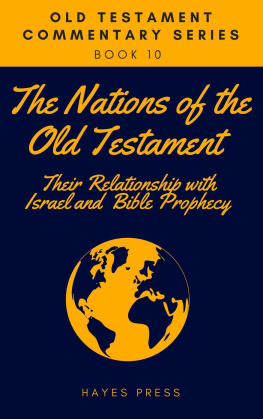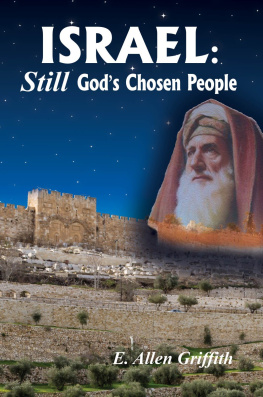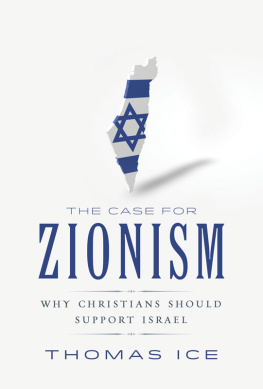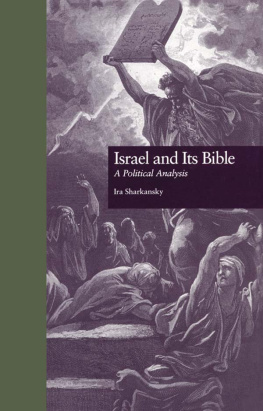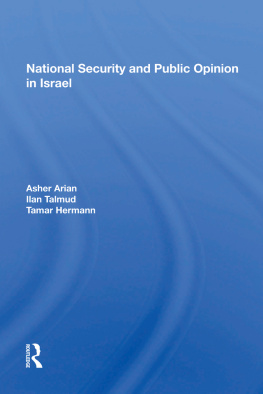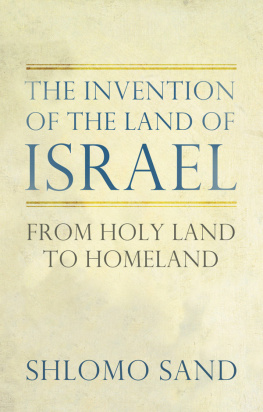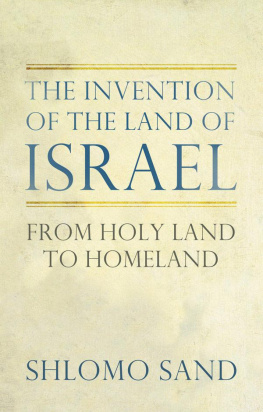THE BIOGRAPHY OF
Ancient Israel
Contraversions
Critical Studies in Jewish Literature, Culture, and Society
Daniel Boyarin and Chana Kronfeld, General Editors
1. A Radical Jew: Paul and the Politics of Identity, by Daniel Boyarin
2. On the Margins of Modernism: Decentering Literary Dynamics,
by Chana Kronfeld
3. Crossing the Jabbok: Illness and Death in Ashkenazi Judaism
in Sixteenth- through Nineteenth-Century Prague,
by Sylvie-Anne Goldberg, translated by Carol Cosman
4. Foregone Conclusions: Against Apocalyptic History,
by Michael Andr Bernstein
5. Founder of Hasidism: A Quest for the Historical Baal Shem Tov,
by Moshe Rosman
6. Conversations with Dvora: An Experimental Biography
of the First Modern Hebrew Woman Writer,
by Amia Lieblich, translated by Naomi Seidman
7. A Marriage Made in Heaven: The Sexual Politics of Hebrew
and Yiddish, by Naomi Seidman
8. Unheroic Conduct: The Rise of Heterosexuality and the Invention
of the Jewish Man, by Daniel Boyarin
9. Spinning Fantasies: Rabbis, Gender, and History,
by Miriam Peskowitz
10. Black Fire on White Fire: An Essay on Jewish Hermeneutics,
from Midrash to Kabbalah, by Betty Rojtman, translated
by Steven Rendall
11. The Dispersion of Egyptian Jewry: Culture, Politics,
and the Formation of a Modern Diaspora, by Joel Beinin
12. Booking Passage: Exile and Homecoming in the Modern
Jewish Imagination, by Sidra Dekoven Ezrahi
13. The Hyena People: Ethiopian Jews in Christian Ethiopia,
by Hagar Salamon
14. The Biography of Ancient Israel: National Narratives in the Bible,
by Ilana Pardes

THE BIOGRAPHY OF
Ancient Israel

NATIONAL NARRATIVES IN THE BIBLE
Ilana Pardes

The publisher gratefully acknowledges
the generous contributions to this book
from the David B. Gold Foundation,
the Lucius N. Littauer Foundation,
and the Skirball Foundation.
University of California Press
Berkeley and Los Angeles, California
University of California Press, Ltd.
London, England
2000 by the Regents of the University of California
Library of Congress Cataloging-in-Publication Data
Pardes, Ilana.
The biography of ancient Israel: national narratives in the Bible / liana Pardes.
p. cm.(Contraversions; 14)
Includes bibliographical references and index.
ISBN 978-0-520-23686-8 (alk. paper)
1. Bible. O.T. PentateuchHistoriography. 2. Bible as literature. 3. Bible. O.T. PentateuchHistory of Biblical events. 4. Jewish nationalism. I. Title. II. Series.
BS1225.5.P37 2000
296.31172dc21 99-27865
CIP
Manufactured in the United States of America
08 07
10 9 8 7 6 5 4 3
The paper used in this publication meets the minimum
requirements of ANSI/NISO Z39-48-1992 (R 1997)
(Permanence of Paper). 
In memory of my father, Don Patinkin,
and for my son, Eyal
CONTENTS
ACKNOWLEDGMENTS
This book wandered from station to station with the help of so many. I have benefited immeasurably from the inspiring suggestions and radiant thought of Ruth Nevo. I cannot imagine what this national biography would have looked like without her ongoing enthusiasm and encouragement. I am very grateful to Moshe Halbertal and Zali Gurevich, who gave so generously of their time from the moment of departure on, reading one chapter after another, enriching the voyage with their superb insights and criticism. I have been fortunate to have had many other readers at different junctures: Elizabeth Abel, Robert Alter, Jessica Bonn, Michal Ben-Naphtali, Alon Confino, Ruth Ginsburg, Miki Gluzman, Erich Gruen, Galit Hasan-Rokem, Moshe Greenberg, Melila Helner-Eshed, Francis Landy, Menahem Lurberboim, Adi Ophir, Michele Rosenthal, Naomi Seidman, Michael Walzer, and Shira Wolosky.
I wish to thank my friends and colleagues in the Department of Comparative Literature at the Hebrew University of Jerusalem for providing me with such a supportive intellectual home. I am also indebted to my astute students at Jerusalem and at the University of California, Berkeley (where I spent a sabbatical in fall 1996), who contributed to my understanding of national imagination in the Bible through their comments and critiques.
I owe much to the editors of this series, Chana Kronfeld and Daniel Boyarin, for their fruitful suggestions and unstinting belief in the project. My thanks to Doug Abrams Arava and to Reed Malcolm at the University of California Press for their expert guidance and devotion. Earlier versions of two chapters in this book have been published previously: in History and Memory 6, no. 2 (FallWinter 1994).
The Federman Grant of the Hebrew University provided funds to support my research. I have also had the privilege of being a fellow at the Shalom Hartman Institute for Advanced Studies in the past two years and am grateful for this stimulating context. Special thanks to Moshe Idel for his generosity and admirable interpretive openness.
My family has been an unending source of love and encouragement. I am indebted to my husband, Itamar Lurie, for his patience, abiding faith, and for long, illuminating conversations on psychoanalytic theory. I owe much to Keren, my daughter, for her remarkable exuberance and thoughtful questions. This book is dedicated to the memory of my father, Don Patinkin, who gave me the map of wanderings (reproduced on the jacket), long before I began to write on it; who taught me so much about thinking, reading, and writing, though our fields were so different. This book is also dedicated to Eyal, my son, who was born in the initial stages of writing and gave me invaluable power ever since.
CHAPTER ONE
Introduction
Split Conception
In a grand annunciation scene, hovering between dream and revelation, God leads Abraham outdoors and says, Look now toward heaven, and tell the stars, if thou be able to number them.... So shall thy seed be (Gen. 15:5).The central metaphor for the nation in the Bible turns out to be less glittering and more complicated: the nation is predominantly imagined as a person.
The history of the children of Israel, I propose, is shaped as a biography. The nationespecially in Exodus and Numbers where the primary questions about the origin and singularity of the nation are raisedis personified; it is a character with a distinct voice (represented at times in a singular mode); it moans and groans, is euphoric at times, complains frequently, and rebels against Moses and God time and again. It has a collective bodya heart that needs to be circumcised (Deut. 30:6) and, above all, a stiff, unyielding neck (Exod. 32). Israel has a life story: it was conceived in the days of Abraham; its miraculous birth took place with the Exodus, the parting of the Red Sea; then came a long period of childhood and restless adolescence in the wilderness; and finally adulthood was approached with the conquest of Canaan.
Next page

